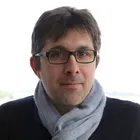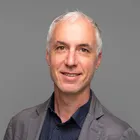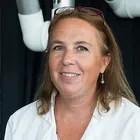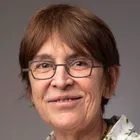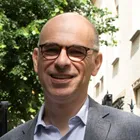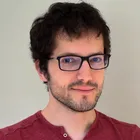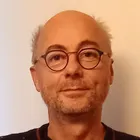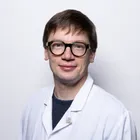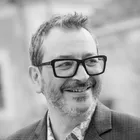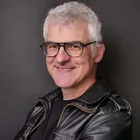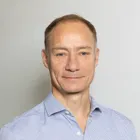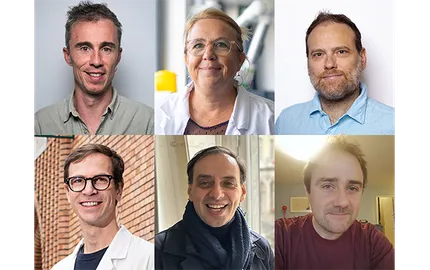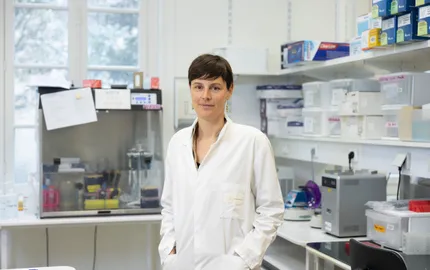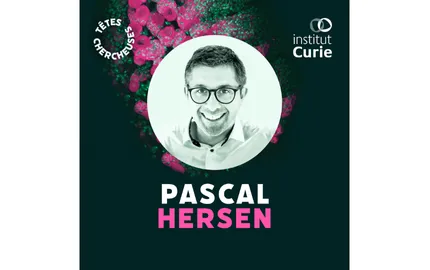Présentation


Le laboratoire Physico Chimie Curie, pionnier de l’interface entre la physique, la chimie et la biologie, depuis sa création en 1996, est un laboratoire de recherche interdisciplinaire explorant le rôle des lois physiques dans l’architecture et les fonctions des systèmes cellulaires. Ses 13 équipes de recherche, toutes reconnues internationalement pour leur expertises uniques, étudient l’émergence des comportements du vivant à travers les échelles spatiales et temporelles : depuis l’étude de polymères et protéines (moteurs moléculaires, interactions ADN-protéines, propriétés des protéines membranaires) jusqu’à l’étude des fonctions cellulaires (expression génétique, transport intracellulaire, mécanobiologie) et des comportements collectifs dans les tissus et les organismes (embryogenèse, croissance de tumeur, différentiation de cellules souches). Les approches combinent études théoriques – y compris la physique statistique des systèmes hors d’équilibre – et expérimentales (microscopie optique et électronique, micro fluidique, biologie moléculaire, optogénétique, micromanipulation, etc.). Le laboratoire met à disposition des chercheurs plusieurs salles blanches, un atelier de mécanique de précision et un plateau mutualisé de biochimie, biologie moléculaire et cellulaire.
Le Laboratoire Physico Chimie ambitionne de mettre en lumière de nouvelles interfaces entre la physique et les science du vivant ; d’apporter un regard conceptuel, avec les outils de la physique théorique, sur les propriétés du vivant ; de développer et de disséminer des méthodes expérimentales pour l’étude quantitative du vivant (super résolution, micro fluidique, organe sur puce, optogénétique) ; et de former des chercheuses et chercheurs interdisciplinaires. Le laboratoire développe ses recherches sur trois grands axes : modéliser le vivant, l’observer et le modifier.
Physique Théorique et Modélisation du vivant

- Matière Molle
- Matière Active
- Physique Statistique
- Physique Hors Equilibre
- Inférence et Réseaux
- Physique non linéaire
- Théorie de l’information
- Théorie du contrôle
Observer et Comprendre le vivant.

- Microscopie moléculaire
- Microscopie super résolue
- Structure et dynamique de l’ADN
- Systèmes biomimétiques
- Régulation de l’expression génétique
- Mécano biologie
- Hématopoïèse quantitative
- Physique des tissus et du développement
- Physique du cancer
- Biologie Synthétique
- Embryologie Synthétique
- Optogénétique
Ingénierie du vivant

- Méthodes cellules uniques haut débit
- Organe sur puce
- Tumeur sur puce
- Ingénierie tissulaire
- Nano Médecine
- Thérapie contre le cancer
- Bactéries thérapeutiques


